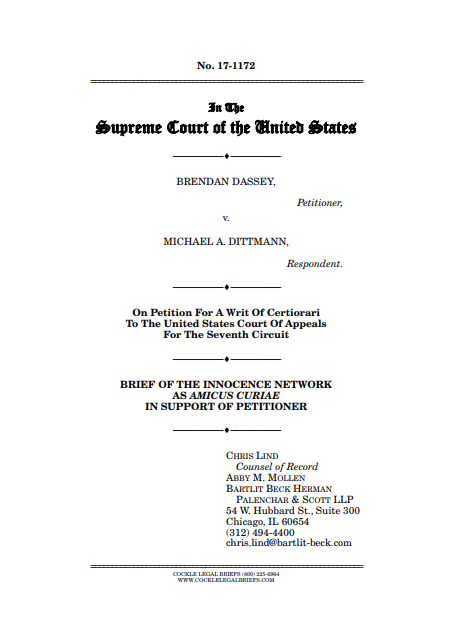
Summary of Argument
The psychological pressures of police interrogation sometimes induce even the innocent to confess to crimes they did not commit. See, e.g., Miranda v. Arizona, 384 U.S. 436, 455 & n.24 (1966); Corley v. United States, 556 U.S. 303, 321 (2009). When the suspect being interrogated is a juvenile, “[t]hat risk is all the more troubling [and] all the more acute.” J.D.B. v. North Carolina, 564 U.S. 261, 269 (2011).
Of course, this Court’s voluntariness doctrine should preclude the use of a coerced confession to convict an innocent person. As to minors’ confessions in particular, the Court has instructed courts to exercise “special caution” to ensure the confession is voluntary and not the mere result of police coercion. Gault, 387 U.S. at 45. Yet courts often fail to heed that instruction. The Network submits this brief to describe the miscarriages of justice that have occurred and will continue to occur unless this Court grants review to emphasize the need for special care to prevent the use of involuntary juvenile confessions.